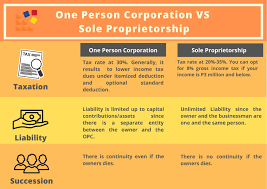Can an OPC have two directors?
Can an OPC have two directors No, an OPC (One Person Company) can have only one director. As per the provisions of the Companies Act, 2013 in India, an OPC can have only one director who is also the sole shareholder of the company. The concept of an OPC is designed to enable single-person entrepreneurship,… Read More »










